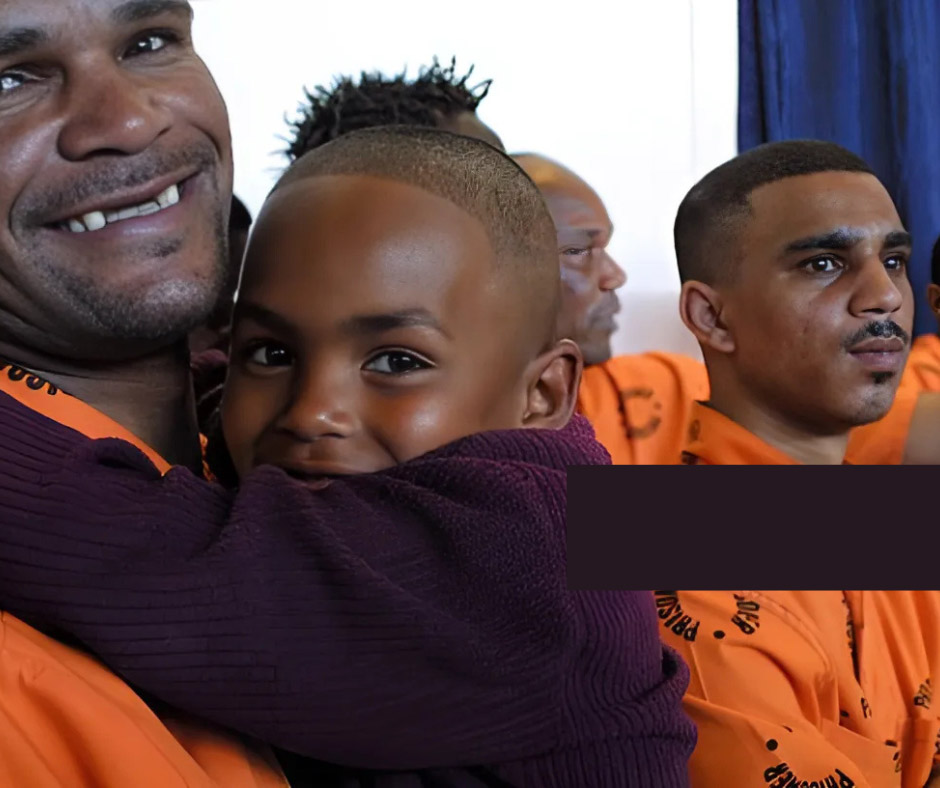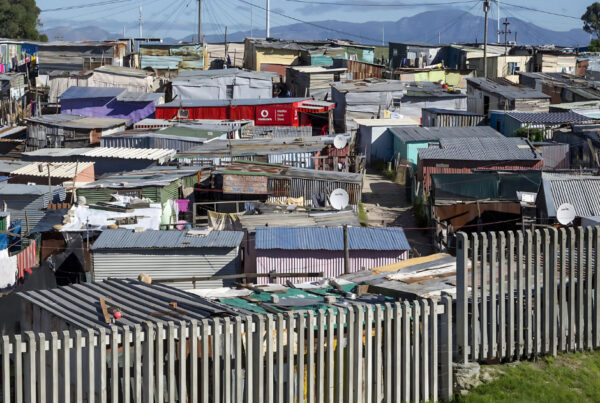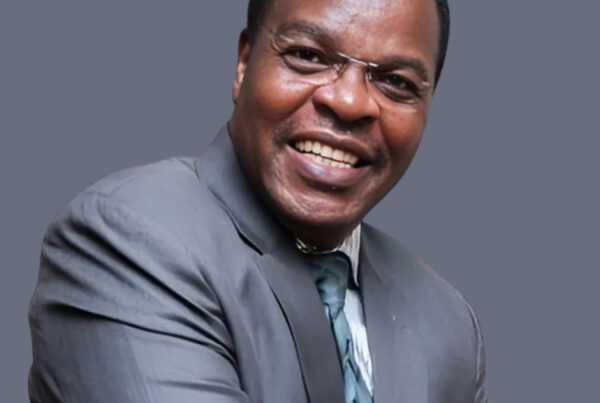Kamiti. Kuje. Pollsmoor. These names evoke images of hardened criminals, razor-wire fences, and lives gone awry. Yet within the walls of some of Africa’s toughest prisons, something unexpected is taking root: revival.
Across the continent, Christian prison ministries are reaching beyond steel doors and court judgments, offering not just Bibles, but healing, hope, and in many cases, a second chance at life. From Kenya to Nigeria and South Africa, chaplains, pastors and volunteers are building altars where most only see lost causes.
“We preach Christ crucified—even to the condemned,” says Chaplain John Mwangi, head of the prison outreach programme at Nairobi’s Kamiti Maximum Security Prison. “And the Gospel doesn’t stop at the cell door.”

At Kamiti, where violent crime and overcrowding are the norm, volunteers from the Faraja Foundation hold weekly discipleship sessions. Inmates receive Bibles, yes, but also vocational training, trauma counselling, and reconciliation services with estranged families. More than 120 inmates have completed pastoral courses since 2022, and dozens have begun leading fellow inmates in prayer.
“Many of these men are here because no one told them they mattered,” says Sister Anne Njeri, a Catholic nun who leads reconciliation efforts with victim families. “We tell them the truth—they were made in God’s image, and that image can be restored.”
Testimonies abound. David, a 34-year-old inmate serving a life sentence, recalls a turning point. “The chaplain asked me to read Psalm 51 aloud,” he says. “I broke down. It was the first time I prayed not to escape punishment, but to be made new.”
In Nigeria’s Kuje Prison, where radical insurgents and petty criminals are held side-by-side, the ministry Hope Behind Bars Africa has reported more than 400 baptisms in the last five years. Led by Pastor Daniel Udoh, the team provides legal aid, spiritual counselling, and post-release support to inmates—particularly those who were wrongly imprisoned or have served excessive pretrial detention.
“The justice system may fail, but grace doesn’t,” says Pastor Udoh. “We’ve seen death-row inmates become worship leaders.”
One such case is Isaiah, a 42-year-old man sentenced to death for armed robbery. While awaiting appeal, he encountered a prison Bible fellowship and began leading daily devotionals in his block. His sentence was later commuted. Today, he serves with a Lagos-based reintegration centre, helping other ex-inmates find employment and faith.
Meanwhile, in South Africa’s Pollsmoor Prison, the same facility that once held Nelson Mandela, Christian ministry has taken on both pastoral and academic dimensions. The Message Trust, a UK-founded but locally rooted initiative, offers biblical studies alongside entrepreneurial training. The programme has helped reduce reoffending rates among its graduates by more than 30%, according to recent figures shared with Glorify Times.
“Many of our men grew up in broken townships where gangs were the only path,” says Paul Phiri, a mentor and former inmate turned ministry leader. “We are not just preaching sermons—we are re-fathering men.”
The Message Trust has also partnered with local churches to mentor ex-offenders, offering housing, trauma recovery, and spiritual discipleship. For many, it’s the first community where they are not defined by their rap sheet.
Not everyone welcomes these efforts. Critics question whether prison conversions are genuine or merely a means to earn early release points. Others challenge the involvement of religious organisations in public correctional spaces.
But most chaplains and volunteers are quick to respond: “You don’t fake healing for five years,” says Sister Njeri. “You don’t build a choir behind bars for applause.”
A growing number of prisons are requesting faith-based programmes as part of their rehabilitation strategies. The Kenyan Prisons Service has formally integrated pastoral care into its correctional philosophy, citing the “restorative power of moral teaching.”
Even the United Nations Office on Drugs and Crime (UNODC) has acknowledged the role of religious groups in addressing prison overcrowding and recidivism, especially in under-resourced African systems.
Perhaps most remarkable are the post-release ministries. Former inmates like Isaiah, Phiri, and Nomsa Dube—a South African woman incarcerated for fraud who now leads Bible classes in Cape Flats—are testaments to transformation.
“People say, ‘What good can come out of prison?’” says Dube. “I say, ‘Have you read the book of Acts?’”
Churches are also starting to adjust their posture. Congregations that once viewed ex-offenders with suspicion are becoming welcoming communities. Reconciliation services, job fairs for ex-inmates, and pastoral internships are no longer rare.
A Theology of Redemption
Across these ministries, a common theology undergirds the work: redemption is real. It is not naive. It is not transactional. It is what the Gospel is.
“Jesus was crucified between two criminals,” Chaplain Mwangi reminds us. “And one went to paradise that same day.”
In a continent still grappling with structural injustice, high youth unemployment, and broken families, the Church’s witness in prisons may be one of its most powerful. Not because it changes laws, but because it changes lives.







